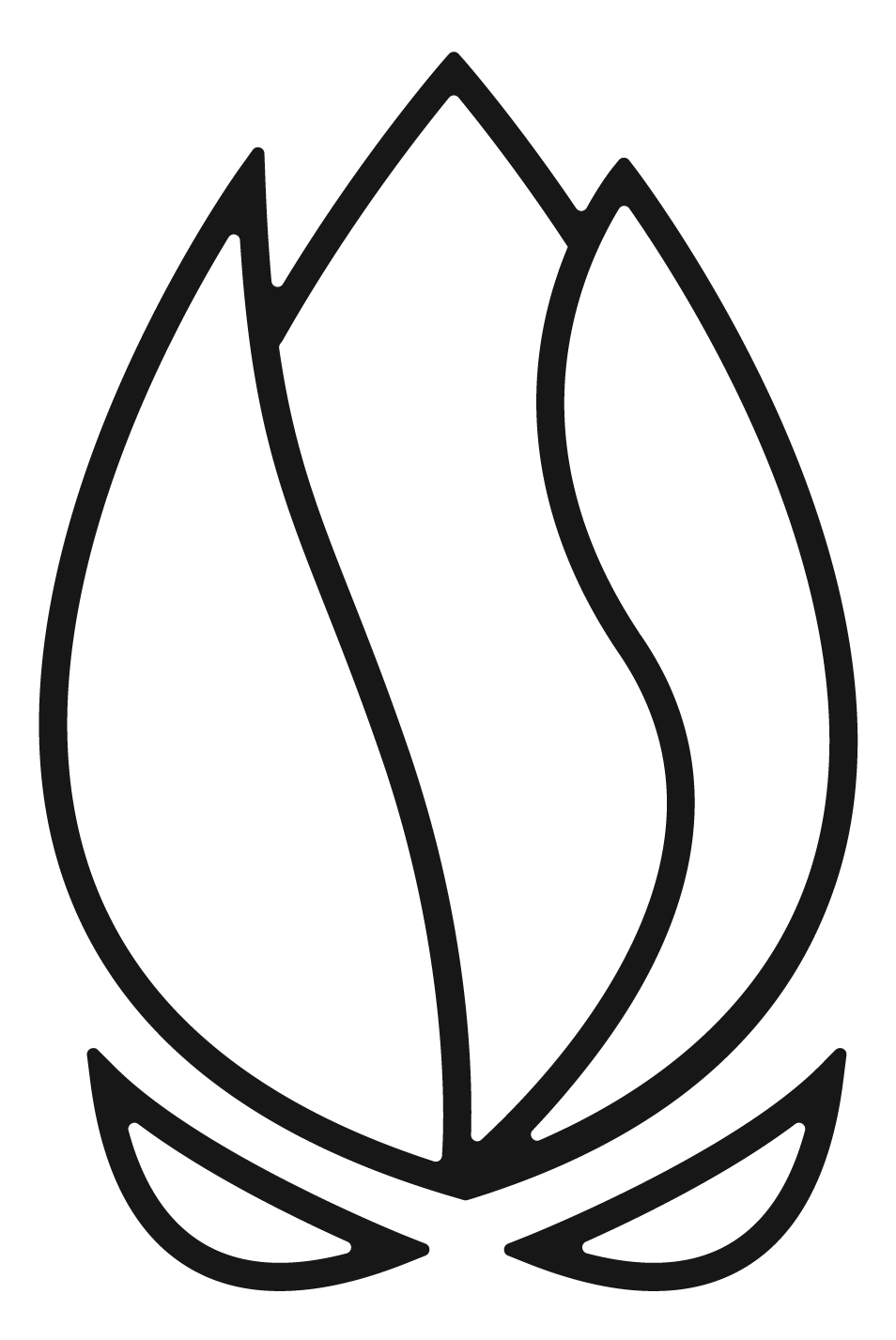Traditional Chinese Medicine
What Is Traditional Chinese Medicine?
Traditional Chinese Medicine (TCM) is a comprehensive system of healing that has been practiced for over 5,000 years. It is rooted in the understanding that the human body mirrors the natural world, governed by dynamic forces such as fire, earth, water, metal, and wood. Health is viewed as a state of balance among these elements, and illness is seen as the result of excess, deficiency, or energetic blockages within this system.
At the heart of TCM is Qi (pronounced “chee”), or vital life energy, the animating force that flows through the body via an intricate network of meridians, or energy channels. When Qi becomes blocked, weakened, or imbalanced, physical and emotional symptoms may arise. The goal of TCM is to unblock and restore the harmonious flow of Qi, supporting the body’s innate ability to heal and self-regulate.
A Holistic Approach to Healing
Traditional Chinese Medicine is fundamentally holistic, treating the whole person rather than isolated symptoms or diseases. It considers all aspects of an individual, body, mind, spirit, and emotions, as interconnected and essential to well-being.
TCM practitioners use a variety of techniques to diagnose and correct imbalances, including:
Herbal medicine to nourish, cleanse, and rebalance the organs and tissues
Acupuncture and acupressure to stimulate Qi flow along the meridians
Dietary and lifestyle guidance aligned with energetic principles
Each treatment is uniquely tailored to the individual, focusing on the root cause of imbalance, rather than simply suppressing symptoms.
Bridging Ancient Wisdom with Modern Science
While Traditional Chinese Medicine is based on ancient philosophy, its effectiveness is increasingly supported by modern clinical research. Western studies, including those conducted by the National Institutes of Health, have confirmed the benefits of TCM in a wide range of conditions, including:
Chronic and acute pain
Digestive disorders
Nausea (including chemotherapy-induced nausea)
Infertility
Menopausal symptoms
Low back pain
Stress and emotional imbalances
Scientific findings suggest that treatments such as acupuncture help regulate the nervous system and stimulate the release of endorphins, the body’s natural pain relievers, further validating the physiological basis of this ancient system.
The Deeper Philosophy of Qi
Qi, also understood as the vital breath of life, is the fundamental energy that sustains all living things. It is akin to the God’s breath, the living essence that animates, heals, and regenerates us. The ancient Chinese recognized that this life force must flow freely for health to flourish. When Qi flows unobstructed through the meridians, the body can regulate, repair, and renew itself.



